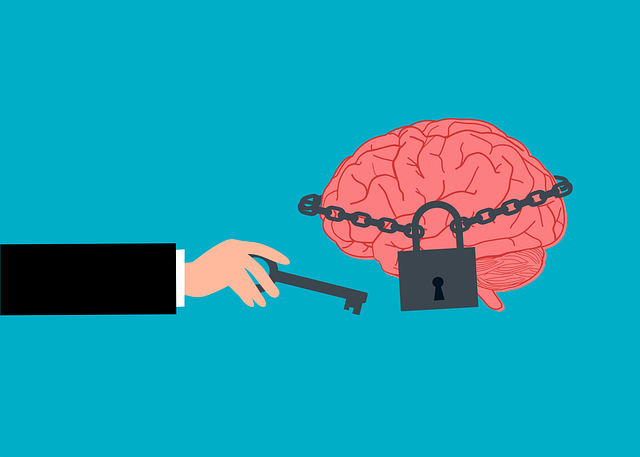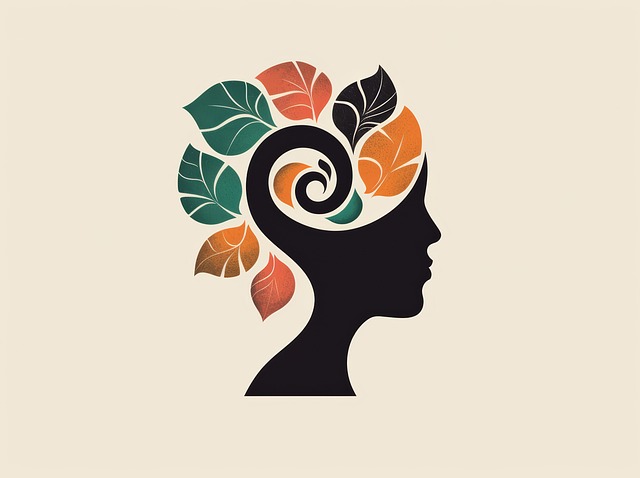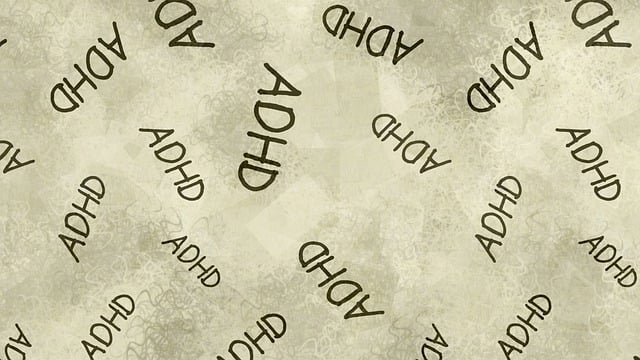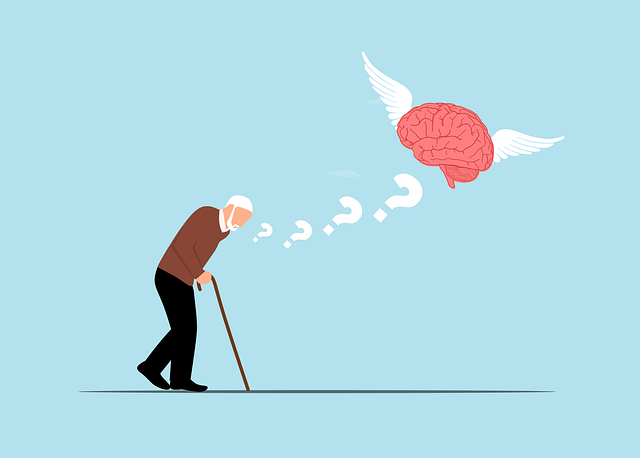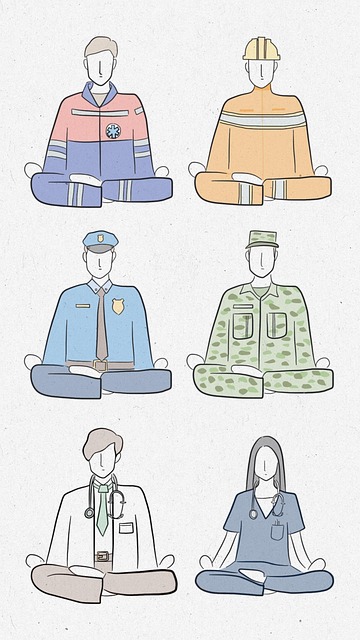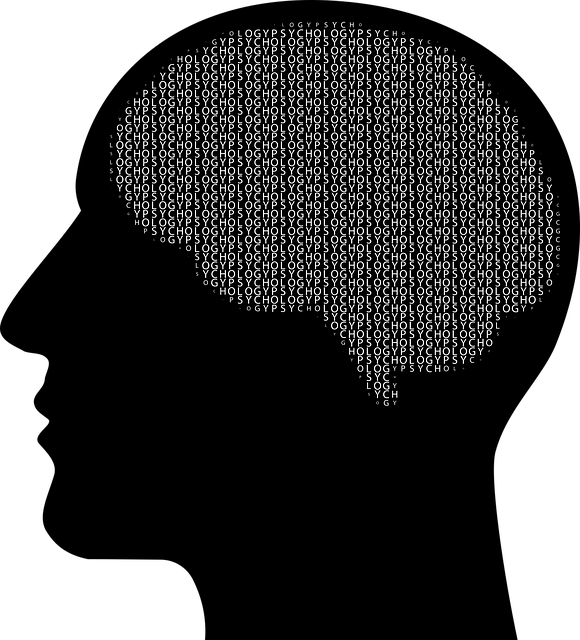Elderly individuals face unique mental health challenges requiring specialized support. This includes addressing grief and loss, social isolation, reduced mobility, and cognitive changes through accessible therapy services like grief counseling. Cultural competency training ensures sensitive care. Effective strategies also involve mental wellness journaling, self-care practices, risk assessments, and building strong support systems utilizing community resources and family involvement. "Therapy for Elders Grief Counseling" plays a crucial role in promoting overall mental wellness by leveraging these tailored approaches to combat isolation, loneliness, and stigma.
Mental wellness promotion among elderly individuals is a growing concern, with unique challenges arising from aging. This article explores essential aspects of enhancing mental health in seniors, focusing on addressing grief and loss. We discuss tailored therapy approaches, effective counseling strategies, and the critical role of community resources and family involvement. By recognizing the distinct needs of the elderly, we can improve access to support systems, fostering better mental wellness outcomes for this demographic, especially through targeted grief counseling.
- Recognizing the Unique Needs of Elderly Individuals for Mental Wellness
- The Role of Therapy in Addressing Grief and Loss in Seniors
- Effective Counseling Strategies for Grief Management
- Creating Support Systems: Community Resources and Family Involvement
Recognizing the Unique Needs of Elderly Individuals for Mental Wellness

Elderly individuals often face unique challenges when it comes to mental wellness, requiring tailored approaches and specialized support. As life transitions happen, aging can bring about various factors that impact mental health, such as social isolation, loss of loved ones, reduced mobility, and cognitive changes. Recognizing these distinct needs is crucial for promoting well-being among the elderly population. One effective strategy involves providing accessible therapy services designed specifically for elders, addressing their concerns and offering valuable coping skills development.
Grief counseling, for instance, plays a significant role in helping seniors navigate the loss of family members or friends, which can be common as they age. Healthcare providers should also prioritize cultural competency training to ensure sensitive and effective care. By incorporating these specialized practices and training for mental health professionals, we can better equip them to conduct risk assessments, understand cultural nuances, and offer personalized interventions, ultimately enhancing the overall mental wellness of elderly individuals.
The Role of Therapy in Addressing Grief and Loss in Seniors

Therapy plays a pivotal role in addressing grief and loss among seniors. As individuals age, they often face significant life changes and may experience the passing of loved ones, which can profoundly impact their mental wellness. Elderly individuals might struggle with complex emotions such as sadness, loneliness, and anxiety when dealing with grief. Therapy provides a safe and supportive space for them to process these feelings. Through evidence-based practices, therapists offer guidance and inner strength development techniques tailored to the unique needs of seniors.
For many elders, grief counseling becomes an essential tool in navigating their emotional landscape. It allows them to explore and understand their feelings, providing much-needed perspective. Additionally, therapy sessions can incorporate mental wellness journaling exercises to encourage self-reflection and expression. By addressing past traumas or unprocessed emotions, therapists help seniors develop coping mechanisms that promote resilience. This, in turn, contributes to reducing the stigma associated with mental illness among this demographic, fostering a more supportive environment for their overall mental wellness.
Effective Counseling Strategies for Grief Management

Effective counseling strategies for grief management are essential components of mental wellness promotion, especially tailored to address the unique needs of elders. Therapy for elders with grief often involves a combination of techniques that go beyond traditional talk therapy. One powerful approach is mental wellness journaling exercise guidance, encouraging individuals to express and process their emotions through written words. This practice can help elders make sense of their experiences, fostering a deeper understanding of their grief and promoting self-reflection.
Additionally, incorporating self-care practices into counseling routines is vital. Helping elders integrate healthy habits such as regular physical activity, adequate sleep, and balanced nutrition can significantly improve their overall mental wellness. Professionals should also conduct a risk assessment to identify potential complications or triggers associated with grief, ensuring a personalized and supportive therapeutic journey. By combining these strategies, counselors can effectively support elders in navigating the complexities of grief, ultimately enhancing their ability to heal and find meaning in their lives.
Creating Support Systems: Community Resources and Family Involvement

Building strong support systems is essential for promoting mental wellness, especially among vulnerable populations like the elderly. Community resources play a vital role in providing a safety net for those facing challenges related to aging and grief. Local support groups, community centers, and senior organizations offer spaces where individuals can connect, share experiences, and gain access to valuable services. These social connections are beneficial for combating feelings of isolation and loneliness, which are significant risk factors for mental health issues in the elderly.
Involving family members in the process is another powerful strategy. Family support can act as a protective factor against burnout, especially for caregivers managing the healthcare needs of older relatives. Burnout prevention strategies for healthcare providers often emphasize the importance of self-care and setting boundaries to maintain resilience. Mindfulness meditation and confidence-boosting activities can help individuals reduce stress and improve coping mechanisms, allowing them to provide better care. Additionally, family members can facilitate access to grief counseling services, offering much-needed emotional support during difficult transitions.
Mental wellness promotion among the elderly is a multifaceted approach, requiring tailored strategies that address unique needs. As discussed, recognizing the specific challenges faced by seniors, such as grief and loss, is crucial. Therapy for elders plays a vital role in managing these emotions, while effective grief counseling strategies offer substantial support. Furthermore, fostering community resources and encouraging family involvement can create robust support systems, enhancing overall mental wellness for this demographic. By implementing these considerations, we can significantly improve the quality of life for elderly individuals.
